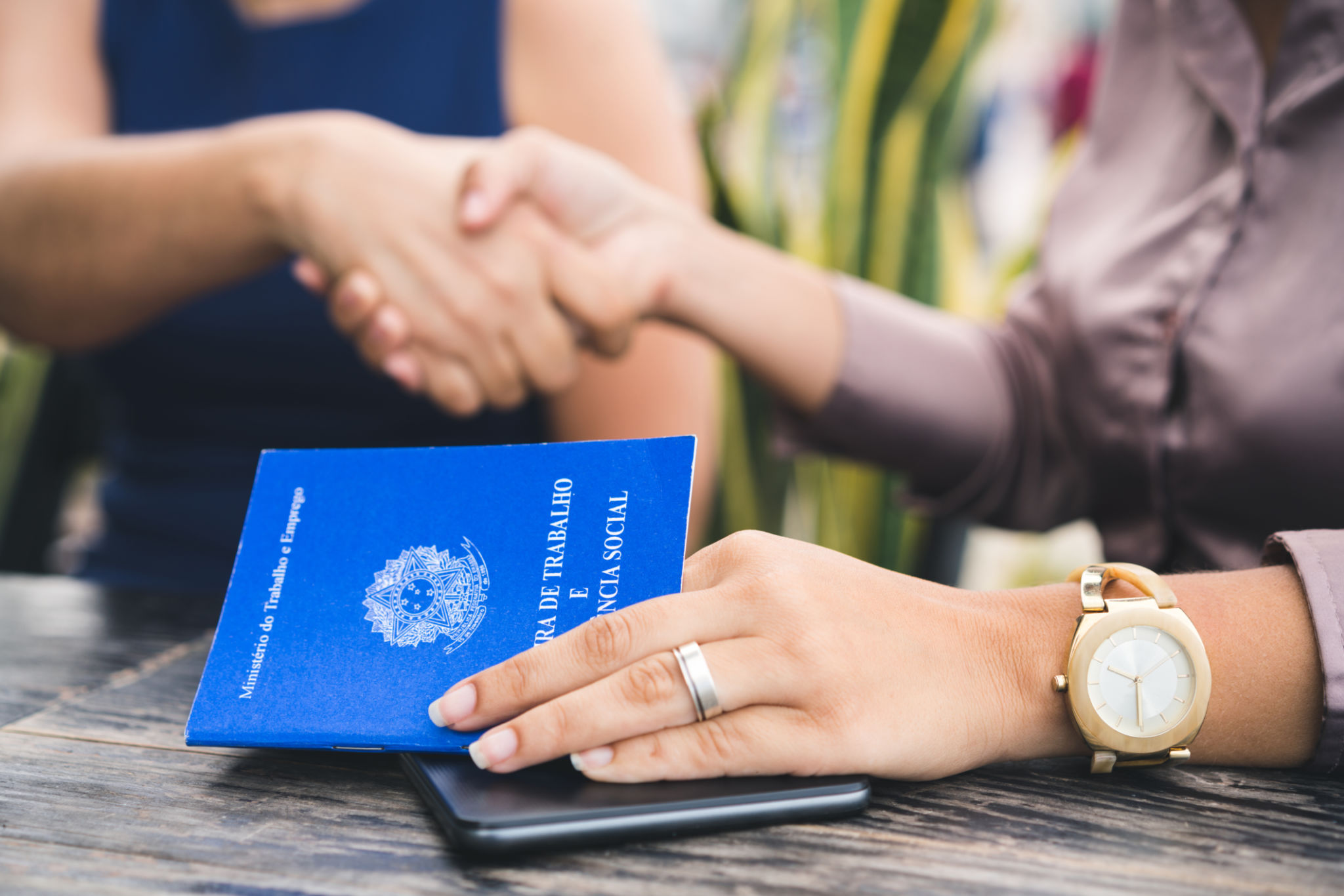The Impact of Local Regulations on Brazilian Foreign Trade: What You Need to Know
Understanding the Regulatory Landscape
Brazil, as one of the largest economies in Latin America, plays a crucial role in global trade. However, navigating the country's complex local regulations can be challenging for foreign businesses looking to engage in trade. Understanding these regulations is essential for anyone aiming to succeed in the Brazilian market.
Local regulations in Brazil can significantly impact foreign trade operations. These laws are designed to protect local industries, control the flow of goods and services, and ensure compliance with international standards. While these regulations are necessary for maintaining economic stability, they can also pose challenges for foreign traders.

Key Regulatory Bodies
Several government bodies in Brazil oversee foreign trade regulations, each with its own set of rules and responsibilities. Key among these is the Ministry of Economy, which formulates trade policies and regulations. Additionally, the Brazilian Customs Authority plays a crucial role in monitoring imports and exports, ensuring compliance with customs laws.
The National Institute of Metrology, Quality, and Technology (INMETRO) is responsible for setting standards and regulations for products entering the Brazilian market. Their certifications are often required for goods to be legally sold in Brazil. Understanding the roles of these bodies is crucial for navigating the regulatory landscape.
Import Tariffs and Taxes
Brazil imposes various import tariffs and taxes that can affect the profitability of foreign trade. Commonly applied tariffs include the Import Duty (II), Industrialized Products Tax (IPI), and Merchandise and Service Circulation Tax (ICMS). The rates for these taxes can vary depending on the product type and its origin.
Foreign businesses must be aware of these financial obligations to avoid unexpected costs. Effective cost management strategies can help mitigate the impact of these tariffs on overall business operations.

Trade Barriers and Restrictions
In addition to tariffs, Brazil enforces non-tariff barriers that can complicate foreign trade. These include stringent product standards, certification requirements, and import licensing. Such barriers are intended to protect local industries but can also create obstacles for foreign companies.
Understanding these barriers is vital for effective market entry strategies. Businesses should conduct thorough market research and seek local expertise to successfully navigate these restrictions.
Compliance and Documentation
Compliance with local regulations requires thorough documentation. Necessary documents often include commercial invoices, certificates of origin, and customs declarations. Ensuring accurate and complete documentation is crucial to prevent delays at customs and avoid penalties.
Partnering with experienced customs brokers or trade consultants can facilitate smoother interactions with regulatory bodies and streamline the documentation process.

Strategies for Successful Navigation
To effectively manage Brazil's regulatory environment, businesses should consider several strategies:
- Engage local expertise: Hiring local legal and trade experts can provide invaluable insights into navigating regulatory complexities.
- Stay informed: Keeping up-to-date with changes in regulations ensures compliance and helps avoid costly disruptions.
- Build relationships: Establishing connections with local authorities and industry bodies can provide support and guidance.
The Future of Brazilian Trade Regulations
The regulatory environment in Brazil is continually evolving, influenced by both domestic policies and international trade agreements. Recent efforts to simplify regulations and reduce bureaucratic hurdles are aimed at enhancing Brazil's global trade competitiveness.
Businesses looking to enter or expand in the Brazilian market should remain vigilant about policy developments, adapting their strategies as needed to align with new regulations.
Conclusion
Navigating Brazil's local regulations requires a comprehensive understanding of the country's trade landscape. By recognizing the impact of these regulations and implementing effective strategies, businesses can successfully engage in Brazilian foreign trade, capitalizing on opportunities in this dynamic market.

